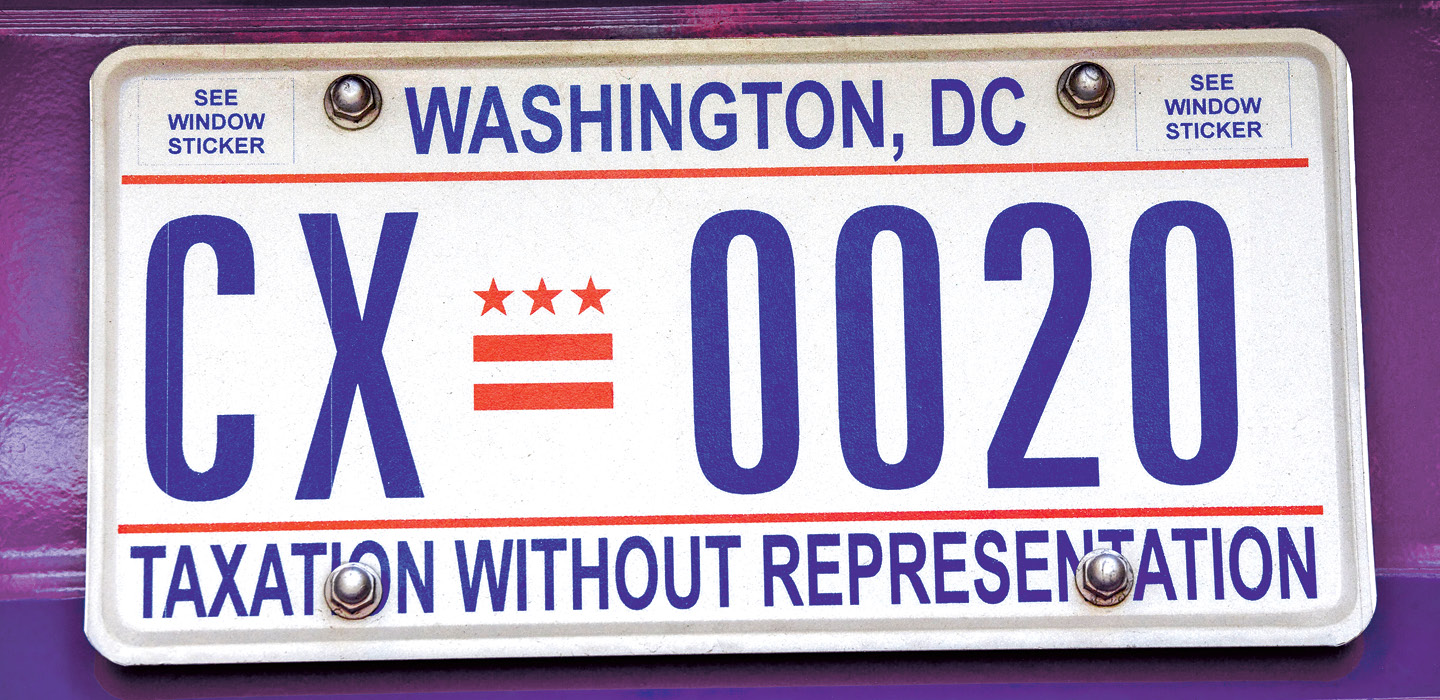The rallying cry of the American Revolution was that “taxation without representation” was tyranny. More than 240 years later, that tyranny still exists for the residents of Washington, D.C.
More than 700,000 people live in Washington, D.C. That’s more people than live in the entire states of Wyoming or Vermont. D.C. residents pay more in federal taxes than 22 states. Since World War I, more than 200,000 D.C. residents have served in the U.S. military, and thousands have died in combat.
Despite all that, D.C. does not have any voting representation in either the Senate or the House of Representatives. (The District does have one non-voting delegate in the House.) Even worse, Congress can tell the locally elected District government what laws it can pass and how it can spend its locally raised money. This situation is grossly unfair.
The solution to this problem is to make Washington, D.C., a state.

